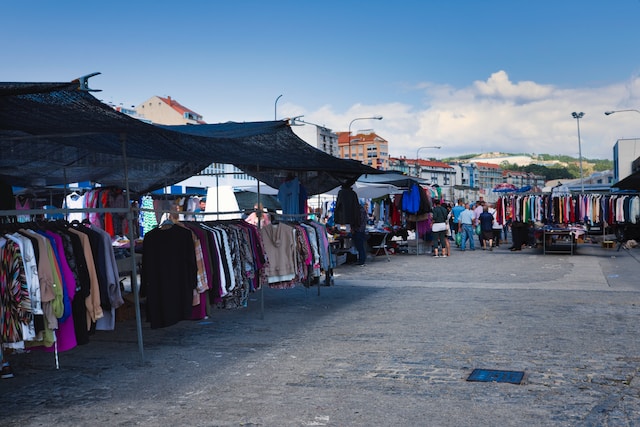Is It Legal to Sell Replica Products in the Netherlands?
In the Netherlands, the sale of replica goods is considered illegal. The law protects intellectual property rights and therefore, selling or even buying counterfeit products is a violation of these rights. The Netherlands takes a strict stance against such activities to protect original brands and manufacturers from losing their profits and reputation. Popular brands like Rolex and Gucci are among those that often fall victim to counterfeit activities.
What Are the Laws, Penalties, and Law Enforcement Measures for Counterfeit Goods in the Netherlands?
The Dutch law is stringent about counterfeit goods. The Dutch Penal Code and the Copyright Act are the primary legislation that deals with the counterfeit goods. In the Dutch Penal Code, Article 337 states that those who intentionally sell counterfeit goods could face up to six years in prison or a fine.
Law enforcement measures are also strict. Dutch customs officials, along with law enforcement agencies, conduct regular checks and raids to seize counterfeit goods. In recent years, there have been several large-scale operations to seize counterfeit goods, particularly replica watches and fashion items.
What Are the Current Regulations on Counterfeit Goods in the Netherlands?
Current regulations in the Netherlands prohibit the production, distribution, and sale of counterfeit goods. These regulations are in place to protect the intellectual property rights of brands and manufacturers. The Dutch authorities have the power to seize counterfeit goods and prosecute those involved in their sale or distribution. In some cases, the goods may be destroyed.
It’s worth noting that individuals who unknowingly purchase counterfeit goods are not generally prosecuted, but they may have their items confiscated. However, knowingly purchasing counterfeit goods can lead to prosecution.
What Are the Most Popular Replica Watches in the Netherlands?
Despite the strict laws and regulations, counterfeit watches are quite popular in the Netherlands. The most popular counterfeit watches in the Netherlands are replicas of luxury brands such as Rolex, Omega, and Tag Heuer. These replicas are often of high quality and can be difficult to distinguish from the real thing. However, they are illegal and buying or selling them can lead to serious penalties.
Are There Specific Markets or Places That Sell Counterfeit Goods in the Netherlands?
While it’s illegal to sell counterfeit goods in the Netherlands, there are still some markets and places where these goods can be found. However, these are often underground markets that operate illegally. The Dutch authorities are continually working to shut these markets down and prosecute those involved.
What Are Some Helpful Links, Government Laws, and Resources for Understanding Counterfeit and Replica Goods Laws in the Netherlands?
There are several resources available to help understand the laws and regulations surrounding counterfeit and replica goods in the Netherlands. The Dutch government’s official website provides information on intellectual property rights and the penalties for violating these rights.
- Dutch Government’s Official Website
- Dutch Customs
- Netherlands Food and Consumer Product Safety Authority
Understanding and adhering to these laws is essential for anyone involved in the sale or purchase of goods in the Netherlands. Counterfeit goods not only harm the brands and manufacturers they imitate, but they also harm consumers who may be misled into purchasing inferior products.
While it's clear that all the legal repercussions are on the seller, the buyer should make sure to find a trusted dealer, since there is a lot of scam in the replica industry. If you are in the market for Replica Rolex watches, make sure you choose a trusted and reputable vendor.
